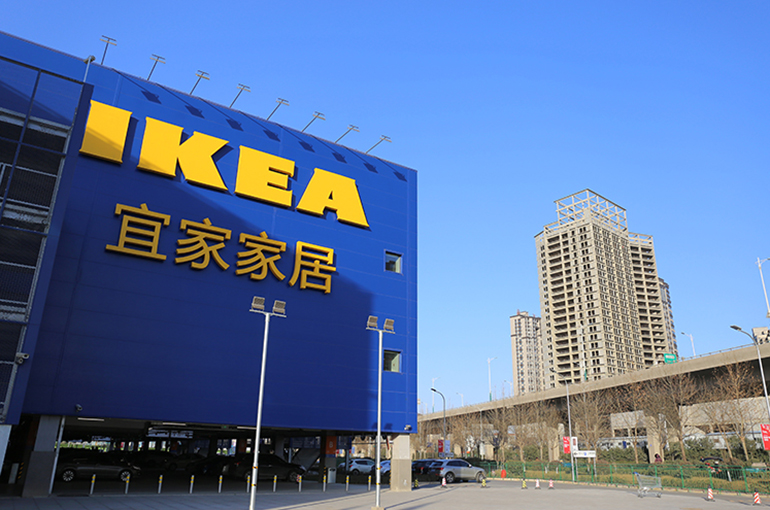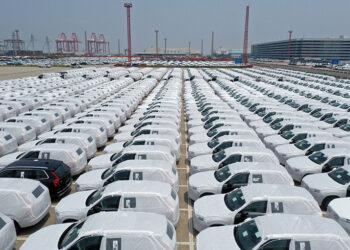Select Language:
August 12 — The parent company of a well-known furniture retailer has invested in a Chinese company specializing in recycling post-consumer packaging waste. This marks their first circular economy investment in China amid recent speculation about asset divestments.
The investment division made a capital infusion into the Shanghai-based firm to help expand its recycling capabilities and develop innovative products. Details of the financial amount were not disclosed, according to the announcement yesterday.
China ranks among the world’s largest markets for plastics and plays a crucial role in developing circular solutions to address waste management challenges. The Chinese company is recognized as a leader in this field, producing high-quality recycled polypropylene used in storage containers, tableware, toys, cosmetics packaging, and woven textiles, the firm noted.
“Their extensive supplier network and strategic partnerships with major Chinese food delivery services are enabling them to make a significant impact within the local recycling market,” stated a representative from the investment arm. “Through this investment, we aim to expand this impact, helping tackle global plastic waste issues and supporting the shift toward a circular economy.”
This move underscores the long-term dedication to China, said a company executive. “To meet future customer needs, we have both the responsibility and opportunity to lead in advancing the circular economy beyond our core operations. The scale and innovative capabilities available in the Chinese market provide substantial opportunities for this transition.”
The company currently operates 39 retail stores and 10 shopping malls in China under the Livat brand. However, recent market rumors suggest it may sell all of its Livat malls, with expected proceeds of approximately 16 billion CNY (around 2.2 billion USD) from the sale of three locations in Wuxi, Beijing, and Wuhan.
The company did not comment on these rumors when contacted, but affirmed that China has been one of its key markets for the past 16 years, with recent openings of new stores in Xi’an and Shanghai last year.







